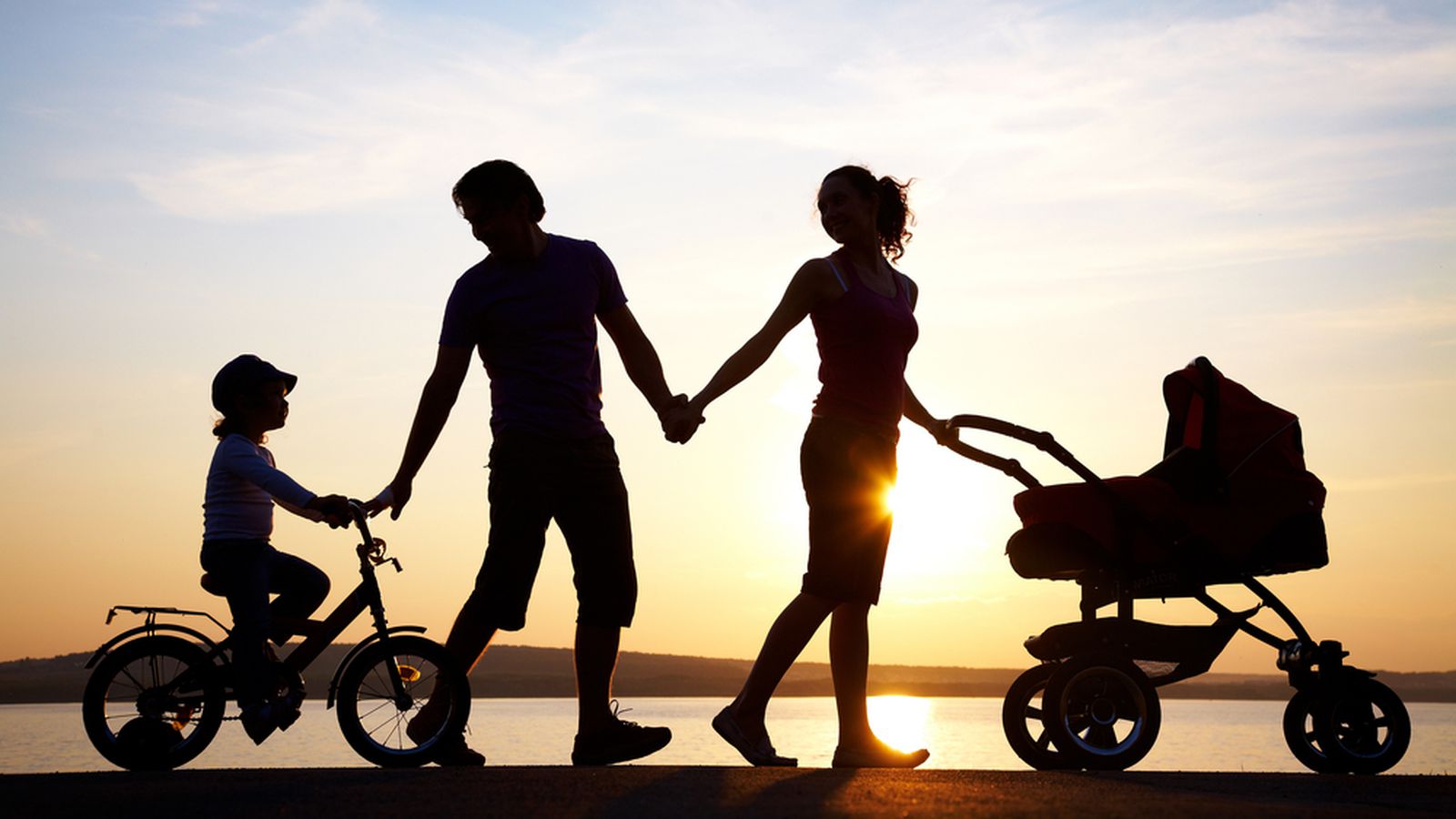By Hussain
Being a parent in 2020 was incredibly hard and many of us had to adapt and change the way we parent because of lockdown orders, school closures, etc. According to renowned pediatricians, some of these adaptations may stick and some could even benefit parents. They take a look at what’s changed since the pandemic began and how things will continue to evolve for parents in 2021.
- A More Adaptable Parenting Style
Well before the pandemic, parents were doing more work with less support than they had ever done before. Whether it is allowing a little more screen time or allowing a cheese-and-cracker dinner, parents were attempting to loosen the rules and welcome flexibility. Parents are expected to give themselves some well-deserved grace in 2021.
- A Fondness For Telemedicine
Telehealth has numerous advantages, especially in the area of newborn care, where new parents can get answers to their questions without having to leave the house or risk exposing their child to germs. Many parents and caregivers would be more open to integrating remote visits into their ongoing treatment once doctors’ offices resume regular operations.
- For new parents, there’s a virtual village
Virtual village for new parents.
“The first few weeks of a baby’s life can be stressful and isolating… COVID-19 has taken away valuable practical support from family and friends, making the role of a new parent much more difficult. Although a lack of practical help can lead to depression or anxiety in a new parent, it can also lead to an even bigger problem: fatigue. The good news is that an increasing number of parents are turning to virtual support to help them navigate the challenges of modern parenthood.”
- The use of technology to assist
Parents are increasingly turning to technology, such as a white noise machine or a smart bassinet like SNOO, to provide the necessary support during those stressful early days. SNOO provides an extra pair of hands for exhausted new parents to cradle and soothe their babies. It’s also the only baby bed that’s been shown to add hours to a baby’s sleep and keep them healthy on their backs during naps and nights. This is an important component in stopping the troubling increase in postpartum depression… and in establishing a new pattern of dependable and meaningful virtual support that may help in the prevention of perinatal mood disorders.



